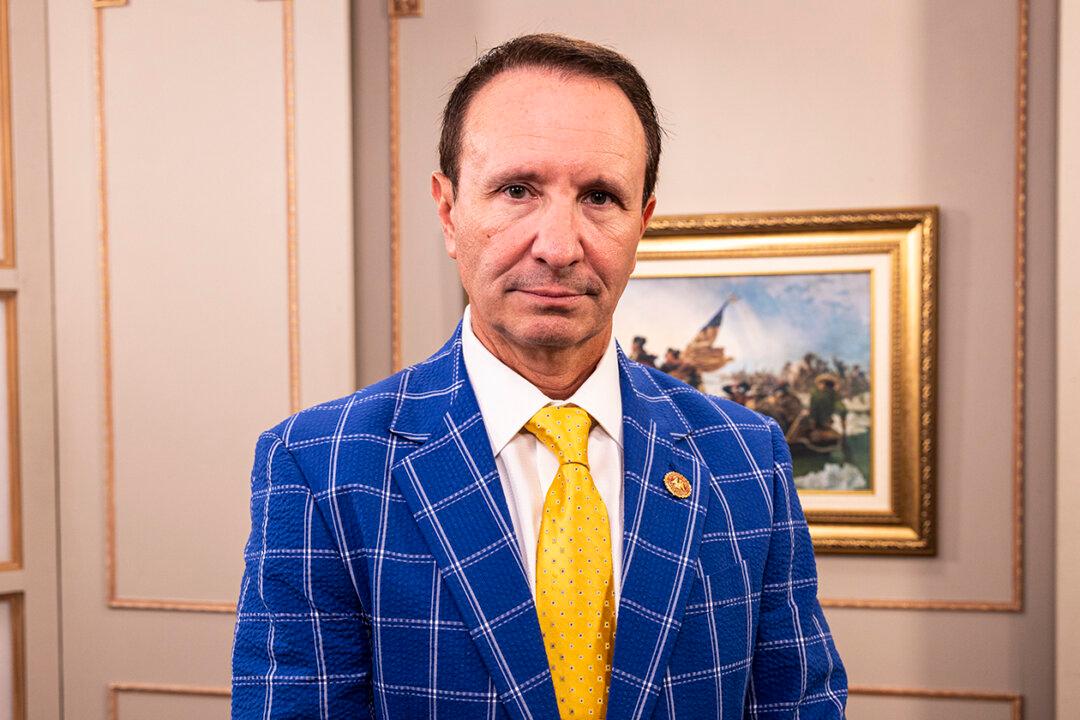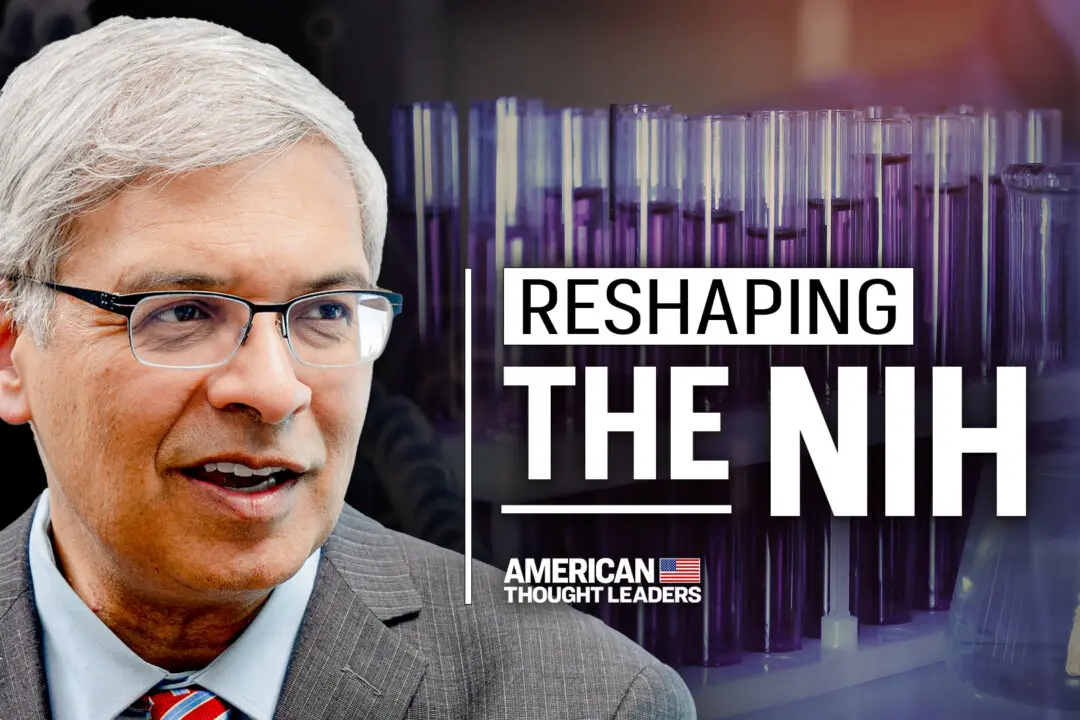“What we found, and what the whistleblowers found, was that the government and the White House were directly communicating with Big Tech on stories and information they either wanted to promote or suppress,” says Louisiana Attorney General Jeff Landry.
On a recent episode of EpochTV’s “American Thought Leaders,” host Jan Jekielek and Landry discuss assaults on the First Amendment by government and Big Tech. One of the most assertive attorneys general in the country, Landry has filed a number of lawsuits against the Biden administration over Big Tech censorship, the Biden administration’s Disinformation Governance Board, COVID-19 mandates, illegal immigration, and election integrity.






